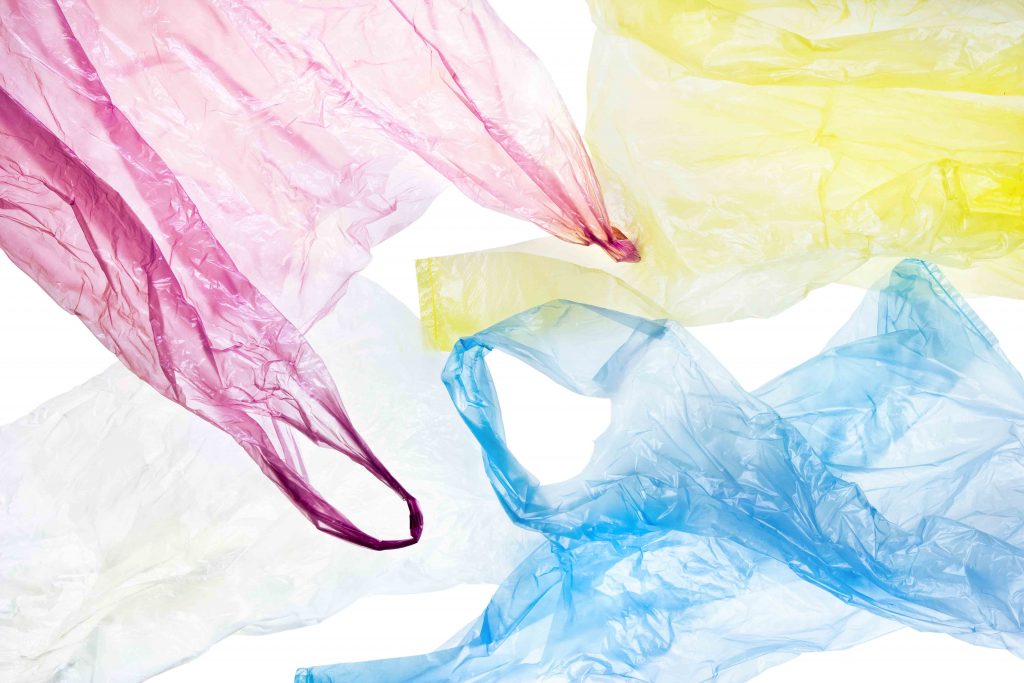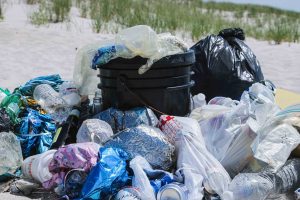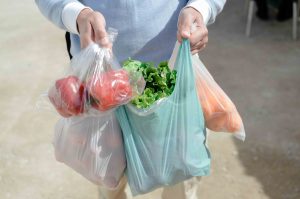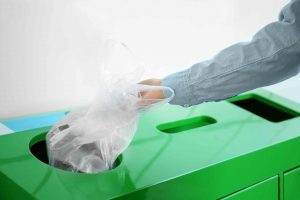As businesses across the US commit to a greener future, it seems the days of free plastic bags in every grocery store are numbered. In fact, recent bans designed to discourage their use have been sweeping the nation, with California, Connecticut, Delaware, Hawaii, Maine, New York, Oregon, and Vermont imposing state-wide legislation on single-use plastic bags.
The rationale is clear—plastic bags are one of the most prevalent items of trash in both landfills and the ocean and this, combined with the fact that plastic bag recycling is now on the rise, means many more states are likely to follow suit in the coming months and years.
However, while recycling plastic bags has, historically been problematic, it’s not impossible, and until we witness worldwide decline in production and usage, there’s likely to be plenty of demand for services dedicated to dealing with these products – especially in light of COVID-19 and the temporary ban of reusable bags in so many places of business. To help get to the bottom of the plastic bag recycling process, here we look at nine plastic bag recycling facts so you have all the information you need to reduce, reuse, and recycle effectively.
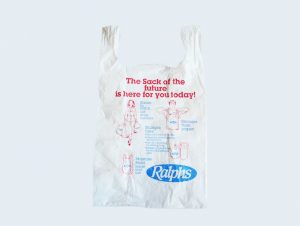
Source: unenvironment
1. The first plastic bag wasn’t supposed to be single-use
The plastic bag we recognize today was invented by Swedish engineer Sten Gustaf Thulin in the 1960s. While other multi-material bags had been developed in the previous decade, Thulin was the first to create a simple one-piece bag with a high-load capacity. However, Thulin intended these durable bags for long term use that would negate the need to chop down trees for paper bags.
2. Between 1 and 5 trillion plastic bags are used each year
While it is difficult to measure the true scale of plastic bag use, it is estimated that 5 trillion plastic bags are used each year across the globe! The US contribution to this figure is around 100 billion, with 12 billion barrels of oil required for manufacturing. Even with recent calls for a reduction in plastic bag use, effective plastic bag recycling will be highly important to deal with the number of bags already in existence.
3. Each plastic bag is only used for around 12 minutes
We already know that most plastic shopping bags and produce bags will only be used once, and this addiction to single-use plastics can be largely attributed to plastics industry lobbyists. However, it is also estimated that each plastic bag is used for only 12 minutes on average before being discarded. So, regardless of the fact that certain industries would prefer to keep single-use bags in circulation, refusing bags, keeping them in use for longer, and ensuring they are diverted to plastic bag recycling programs remains within consumers’ hands.
4. It takes more than 500 years for a bag to break down
Not only are shopping bags non-biodegradable, taking up to 500 years to break down, but once they do begin to decompose, they release microplastics into the environment. Much has been written recently regarding the danger of microplastics, however, the true impact of microplastics is still unknown despite the fact that they have now been discovered at every stage of the food chain.
5. Plastic bags are 100% recyclable
The destructive impact of our over-reliance on plastic bags is clear, however, the good news is they are 100% recyclable. Most bags are made from high-density polyethylene (HDPE), low-density polyethylene (LDPE), or linear low-density polyethylene (LLDPE) which can be recycled with specialist machines. You can find more information on what kind of bags and films can be sent to your plastic bag recycling center here.
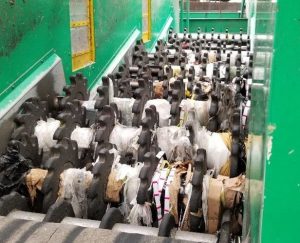
Source: seattle.gov
6. Plastic bag recycling is relatively new — but growing
It is important to remember that bags cannot usually be recycled with your curbside collection. Plastic bag recycling must be done with special machines designed for this specific material, as they get caught in the mechanism of standard machines. Having said this, plastic bag recycling programs are growing, and some municipalities offer this service. Check with your local recycling center or enter your local postal code here for your closest facility.
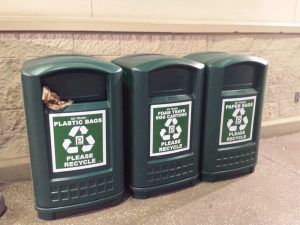
Source: minimalina
7. Most big stores now have plastic bag recycling
Many states have enforced laws that are pushing businesses to take more responsibility for this type of waste, meaning there are now many plastic bag recycling locations near you! As the largest generators of bags and plastic films, you will usually find plastic bag recycling bins in places such as Kroger, Safeway, Target, and Walmart. Just look for the sign indicating the store drop off for plastic bag recycling at your local retailer.
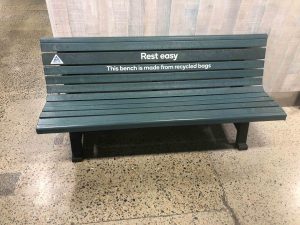
Source: reddit
8. Plastic bags are often used to make more plastic bags
Due to low-quality materials and inefficiencies in the process, most plastic bags are recycled into more plastic bags. For this reason, reduction and reuse are always the preferable option. However, some plastic bag recycling companies are now manufacturing plastic “lumber” that is used, for instance, to build park benches, fences, and even playground equipment.
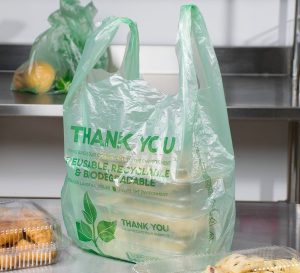
Source: webstaurantstore
9. Biodegradable bags are not necessarily the answer
As the movement to cut out non-biodegradable plastic bags gathers pace, some manufacturers are now producing bio-degradable bags. However, the environmental claims surrounding these products are generally untested, and some products have been shown to break down very slowly. With the quantities of bags distributed, swapping wholesale to these products may not be the answer. Reduction and reuse are preferable and taking your own bag is the only guaranteed way to cut out waste.
While dealing with the ubiquity and harm of plastic bags may take time to manage, both businesses and consumers must take action. Plastic bag recycling must continue to grow, however, with the number of materials currently in circulation, we must prioritize the reduction of these products in order to help plastic bag recycling plants keep up with demand.
For more information on how your business can implement plastic bag recycling programs, and how you can help phase-out their use, contact RTS today. Our TRUE Advisors can provide information on plastic bag recycling and advise you on how to make your company more sustainable through better waste management.

